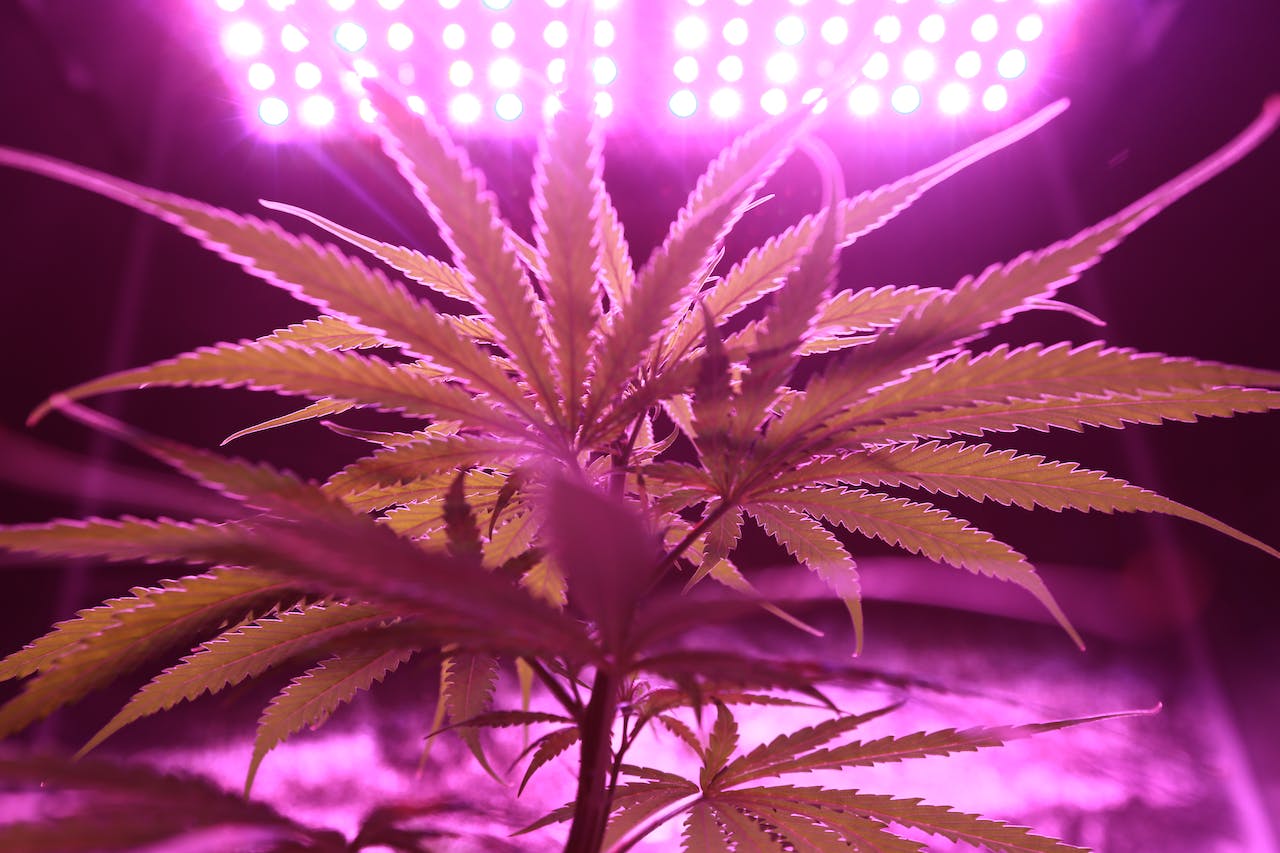Have a question? 06 70 73 89 02
🔞 Not for sale to under 18s
🔥 30% off EVERYTHING on the site with the code: FLASH30!!! 🔥 ( except accessories and gummies)
Have a question? 06 70 73 89 02

With the free sale of CBD and the decriminalization of THC for medical or recreational purposes in Western countries, medical and commercial research into cannabis is in full swing.
More research yields more results, and here's one of them, the latest discovery: THC-H!
Discover our legal CBD derivatives
You may have recognized it: it's a cousin of THC. But what are its effects? Is THCH psychotropic? What does the future hold for this newcomer? Is it legal in France? What can we expect? Keep calm and read this: we'll answer all your questions!
Well, no. THCH isn't exactly what you'd call a natural cannabinoid. In fact, as far as we know today, it has only been found twice in its natural state: in the FM2 variety, a hemp native to Italy (at a concentration of less than 0.1%) and in the smoke of certain varieties (again at very low levels).
So the THC-H we know, and which has recently been synthesized, is synthetic: created from scratch in the laboratory. Without going into too much detail, THC-H is created by a process known as "terpenylation". This involves combining a terpene derivative with another organic compound (heptyl resorcinol) through a chemical reaction. As a result of this reaction, THC-H is synthesized.
THC-H has a molecular group very similar to that of THC, but although their structures are similar, there are some notable differences: THC-H has a longer n-hexyl side chain than THC. And as you can see with CBN and H3CBN, two molecules that change many things.
According to the results of the post-synthesis study, it would appear that THC-h has a greater affinity with the endocannabinoid system. Nevertheless, it's worth pointing out right now that the results of this study are based solely on tests carried out on mice and on a fairly short dosing duration. Although we know that the endocannabinoid system is the same in all mammals, the molecule could have different effects on humans over medium- and long-term intakes. What's more, CBD also stimulates this system, yet has no psychoactive effect, so this molecule is bound to have very different effects from THC.
As for the effects of THC-H, the researchers behind its discovery consider it to be the second most potent cannabinoid after THC-P. But this potency reflects the cannabinoid's action on the endocannabinoid system, not the effects experienced. This potency does not necessarily translate into psycho-activity.
As far as the "high" is concerned, most users consider THC-H to have comparable effects to THC-P. It seems to produce a deep sense of euphoria and relaxation of body and mind. It seems to induce mainly a strong bodily effect (changes in perception of gravity, muscular relaxation...) which would bring it close to the effect of a highly potent indica.
Finally, it seems that THC-H has a more stable structure than THC, so the molecule remains in the body longer and its bioavailability (the amount of active substance assimilated by the body) is also increased. As a result, its effects may be felt two to three times longer than those of THC.
Like all cannabinoids, THC-H acts on the endocannabinoid system. In so doing, it could have applications in the fields of :
Nevertheless, medical research into THC-h is still in its infancy, and it will take a great deal of investment on the part of researchers to unlock all the molecule's secrets. What's more, given its marked psychotropic effects, it seems to be more suitable for recreational use than for medical application.
As with all cannabinoids, whether synthetic, semi-synthetic or natural, legality varies from one state/country to another.
In France, the molecule benefits from the same legal vacuum as other cannabinoids of the same type.
In line with European legislation, French law stipulates that a product containing more than 0.3% THC is illegal, as it presents too great a risk of addiction and dependence.
Molecules containing less than 0.3% THC are automatically authorized, until such time as studies can prove that they present too great a health risk for consumers.
As THCH is a recent development, data on it are too limited to determine whether the compound is harmful or not. But as with HHC, there's no guarantee that it will remain legal.
Indeed, due to the constantly growing demand, and the research needed to ensure the health of users. More and more researchers are working on hemp and CBD.
In addition to THC-H, three other molecules have recently been isolated:
Never heard of them? Don't worry, we'll soon be talking about these new cannabinoids on our blog. Our top editors are on the case!